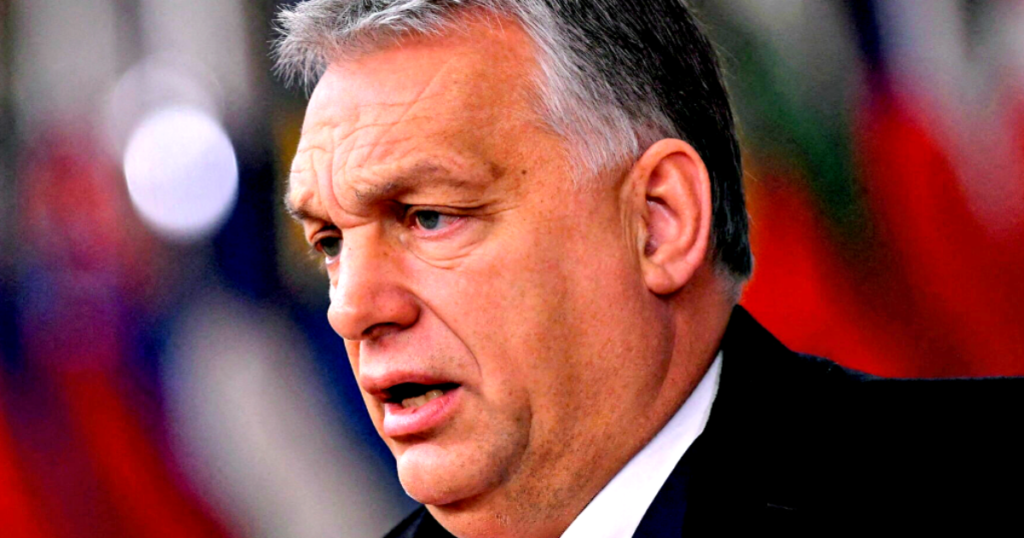As the Hungarian rotating Presidency of the European Union comes to a close, Prime Minister Viktor Orbán is showing no signs of slowing down. Recently, he engaged in discussions on multiple platforms, reflecting his commitment to foreign diplomacy. His active involvement included a notable visit to Mar-a-Lago, Florida, where he met with President-Elect Donald J. Trump, drawing considerable attention due to the presence of high-profile figures such as Elon Musk. Shortly after this visit, Orbán made headlines again with a phone call to Russian President Vladimir Putin, thereby underlining his focus on taking diplomatic steps regarding the ongoing conflict between Russia and Ukraine. Orbán’s social media update indicated the gravity of the situation, describing the current weeks as some of the most dangerous amidst the ongoing war and emphasizing his efforts to push for peace talks and a ceasefire.
The Kremlin promptly confirmed the conversation, emphasizing its initiation by Hungary, and provided insights into the discussions. During the call, Orbán articulated his desire to foster political and diplomatic pathways to mitigate the conflict in Ukraine. In contrast, Putin pointed out Ukraine’s alleged obstruction of progress toward a peaceful resolution. Interestingly, despite Orbán’s recent engagement with Trump, he did not carry any messages or directives from the former president to Putin, as clarified by Dmitry Peskov, Putin’s spokesman. There was also no mention of any potential future meetings between Orbán and Putin, highlighting the lack of direct connections forged through Orbán’s conversations.
The response from Ukrainian President Volodymyr Zelensky was swift and critical. Zelensky expressed concerns over Orbán’s interactions, asserting the importance of unity and cooperation among international partners to effectively address the war and seek security for Ukraine. He pointed out that achieving peace requires collective efforts, particularly emphasizing the need for American involvement and unified European stance. In his statements, Zelensky articulated that any discussions surrounding the war should inclusively consider Ukraine’s perspective, challenging the notion of dialogue occurring without Ukrainian participation.
Adding to the diplomatic discourse, Orbán took to social media after his call with Putin to signal Hungary’s commitment to peace efforts and propose initiatives aimed at conflict resolution. He mentioned a Christmas ceasefire proposal and the concept of a large-scale prisoner exchange, which were reportedly rebuffed by Zelensky, indicating the complexities of the diplomatic landscape and the challenges Orbán faces in gaining traction for his peace efforts. Orbán’s assertion that Hungary did its part, yet faced rejection, underscores the skepticism surrounding his strategies to influence the conflict resolution process effectively.
Despite Orbán’s enthusiasm for taking the initiative, the diverging views between leaders highlight the obstacles in achieving consensus on peace negotiations. His efforts seem to clash with the prevailing narrative within the European Union and among major stakeholders, who advocate for a unified front against Russian aggression. Zelensky’s critiques serve as a reminder that individual diplomatic gestures may not suffice in a situation that requires a coordinated and holistic approach between allies, emphasizing Ukraine’s essential role in its peace process.
Orbán’s actions, particularly his recent engagements with Putin and conversations with Trump, exemplify a complex interplay of national priorities, international diplomacy, and divergent strategies in addressing the ongoing war between Russia and Ukraine. As Ukraine calls for solidarity, the unfolding diplomatic efforts reflect broader geopolitical dynamics affecting not only Hungary but also the EU’s role in the region’s stability. The plight of the Ukrainian people and the international community’s collective response to Russian military actions remain crucial factors shaping the future trajectory of peace within the region.

